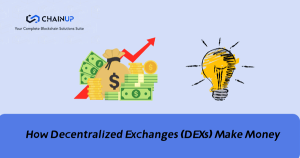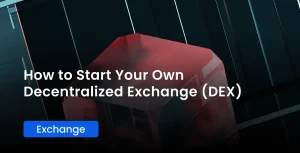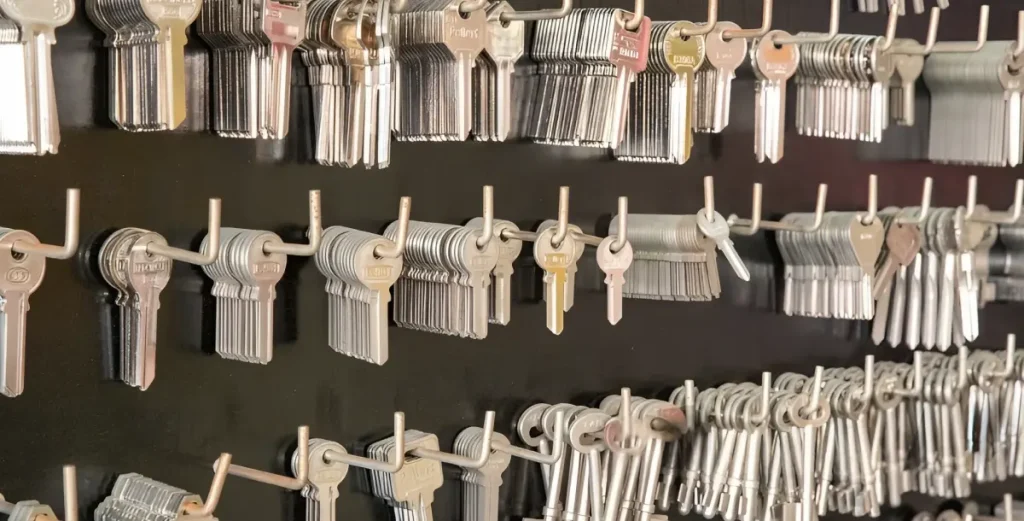Decentralized exchanges (DEXs) have developed unique methods to generate revenue, leveraging their distinct advantages over centralized platforms. Let’s explore how these innovative exchanges turn a profit.

1. Transaction Fee Revenue
Similar to centralized exchanges, DEXs earn revenue by charging transaction fees. However, DEXs typically offer lower fees due to the absence of intermediary costs, attracting a larger user base. These fees support the operational and developmental needs of the DEX.
2. Token Issuance and Sales
Many DEXs issue their own tokens, which are used as utility tokens within their respective ecosystems. These tokens grant certain rights and functionalities to holders and are often used in the platform’s ecosystem. Token sales provide initial capital for development, marketing, and promotional activities.
3. Value-Added Services
Beyond basic trading, decentralized exchanges (DEXs) can offer additional services for revenue. For example, liquidity mining schemes reward users with tokens for providing liquidity, enhancing user participation, increasing trade volume, and thereby boosting the platform’s competitive edge.
4. Token Pair Revenue
By collaborating with token projects and launching new trading pairs, DEXs can increase trading volume and liquidity, indirectly boosting transaction fee revenue.
5. Partnerships and Ecosystem Building
DEXs can form partnerships with other projects and platforms, receiving fees or revenue sharing. Building a community and promoting the brand also attracts more users and generates profits. These innovative revenue streams allow DEXs to thrive without the overhead costs associated with centralized platforms.
By leveraging their unique advantages and developing creative monetization strategies, DEXs are well-positioned to disrupt the traditional exchange landscape and provide value to users in the decentralized finance (DeFi) ecosystem.
Exploring Blockchain-based Business Models for DEXs
Decentralized exchanges (DEXs) are leveraging the versatility of blockchain technology to explore innovative business models beyond traditional transaction fee revenue. By offering asset management services, lending platforms, and crowdfunding initiatives, DEXs are introducing new financial products and services, creating additional revenue streams.
Case Studies and Examples
Uniswap: A leading DEX that generates significant revenue through transaction fees and has its governance token, UNI, which has various uses within its ecosystem.
SushiSwap: Known for its SUSHI token and innovative yield farming and liquidity provision models, it has established a strong user base and diverse revenue streams.
PancakeSwap: Operating on the Binance Smart Chain, it offers unique features like lottery and NFTs, apart from traditional DEX services, broadening its revenue sources.
The profitability model of a DEX may vary based on its design and operational strategy. The focus should be on providing valuable services to users, fostering engagement, and building collaborative relationships within the ecosystem for long-term profitability and sustainable growth.
How to start a Decentralized Exchange (DEX) business
Decentralized Exchanges (DEX) are cryptocurrency trading platforms built on blockchain networks. They offer advantages such as decentralization, high security, and low transaction fees, making them increasingly popular in the fintech space. For those with some blockchain experience, you can start with the following:
1. Define Your Vision and Target Users
Start by solidifying your vision. Who are you building this DEX for? Will it cater to everyday investors, large institutions, or developers? This choice will heavily influence the features and design of your platform. For example, a DEX for beginners might support fewer cryptocurrencies but offer a simpler interface.
2. Choose the Right Blockchain Platform
The blockchain platform forms the foundation of your DEX. Consider factors like security, transaction speed, cost, and available tools. Popular options include Ethereum, Binance Smart Chain, and Solana. Each offers distinct advantages. Ethereum, for instance, is recognized for its established community and extensive developer resources, making it a suitable choice for beginners.
3. Develop and Deploy Secure Smart Contracts
Smart contracts are the backbone of a DEX, handling transaction logic. They must be flawless—any vulnerabilities could be exploited, potentially damaging the exchange’s reputation. Rigorous testing and audits are essential to ensure their security and reliability. Remember, a successful DEX might handle thousands of transactions daily, so robust and efficient smart contracts are crucial.
4. Design a User-Friendly Interface
The user interface (UI) is your users’ gateway to your DEX. Make it intuitive and easy to navigate, considering the needs of your target audience, their trading habits, and how your DEX stands out from competitors. A seamless connection between the UI and the smart contracts is vital for a smooth user experience.
5. Don’t Forget Liquidity Management
Liquidity is the lifeblood of any exchange. Deep liquidity pools ensure efficient trade matching and lower costs. Develop strategies to attract liquidity providers. This could involve offering incentives like liquidity mining, fee sharing, or interest earned on deposited funds. Collaborating with established liquidity providers can also be beneficial.
6. Expand Functionality and User Value
Go beyond basic trading by integrating additional features like launchpads for new crypto projects, staking options, liquidity provider (LP) pools, and Initial DEX Offerings (IDOs). These features enhance the user experience and make your DEX more attractive.
7. Rigorous Testing, Launch, and User Education
Before launching, thoroughly test your DEX on a test network to identify and fix any bugs. After launch, continue monitoring performance, user feedback, and system stability. Effective marketing and user education are crucial for attracting and retaining users. This might involve creating educational materials and promoting your DEX through various channels.
Bonus Tip: Building Your Team
Building a DEX requires specialized skills. Consider assembling a team with expertise in blockchain development, security, legal matters, and marketing.
The Fast Track: ChainUp DEX System
The fast-paced nature of the crypto world demands quick decisions and execution. To save time, consider using the ChainUp DEX system, which allows for rapid deployment and access to the blockchain market.
The Future of DEX Revenue Models
DEXs are increasingly becoming cornerstones of the decentralized finance (DeFi) sector, capitalizing on blockchain technology’s potential to innovate and disrupt traditional financial models. As the landscape evolves, these platforms continue to refine their revenue generation strategies to maintain their competitive edge in the dynamic crypto market.
By exploring diverse revenue streams beyond transaction fees, DEXs can ensure their long-term viability and continue to drive innovation in the decentralized finance space. As these platforms mature, their ability to offer a wide range of financial services and products will be crucial in attracting and retaining users, ultimately shaping the future of decentralized finance.
Want to unlock the secrets behind DEX profitability and potentially earn passive income yourself? Discover how decentralized exchanges generate revenue—and how your business can benefit. Get in touch with us now.





